ULA's Vulcan Rocket Costs Soaring: Pentagon Contract Figures Reveal Mixed Bag for United Launch Alliance
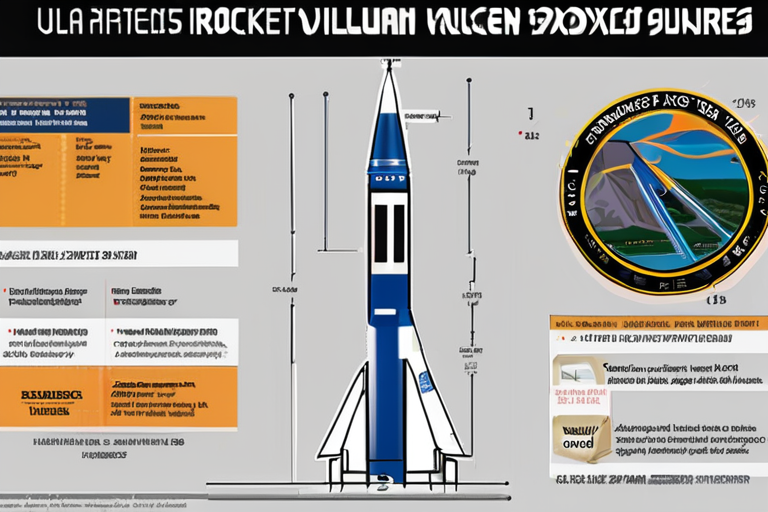

Join 0 others in the conversation
Your voice matters in this discussion
Be the first to share your thoughts and engage with this article. Your perspective matters!
Discover articles from our community
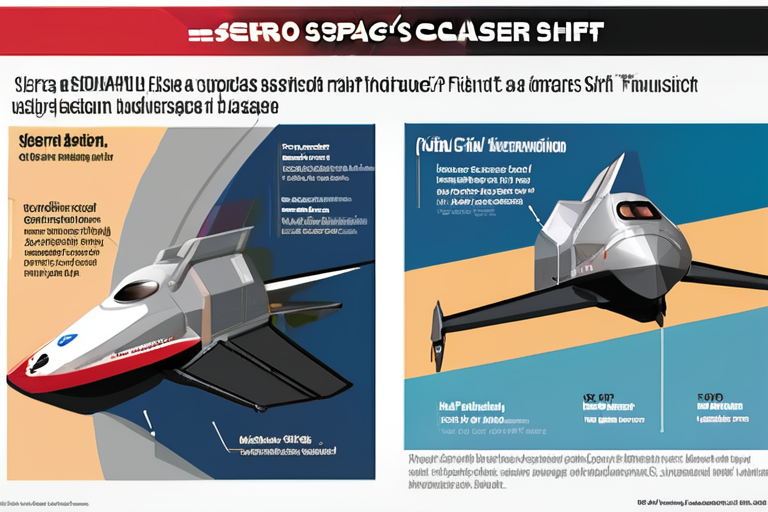
 Hoppi
Hoppi
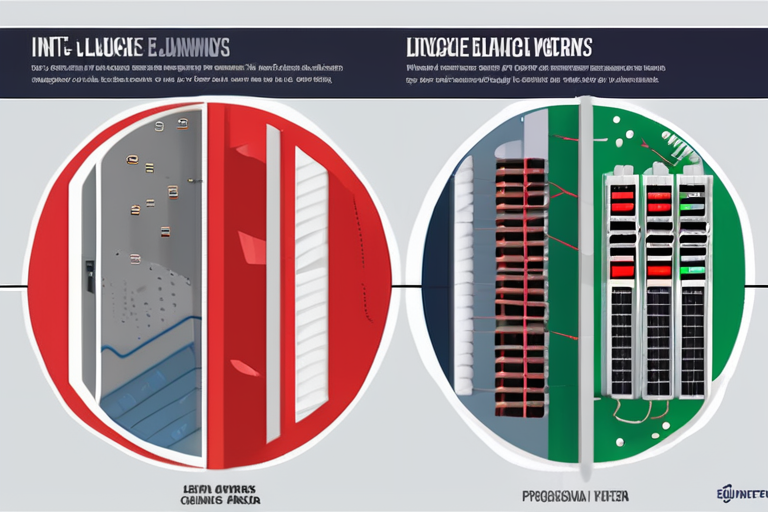
 Hoppi
Hoppi
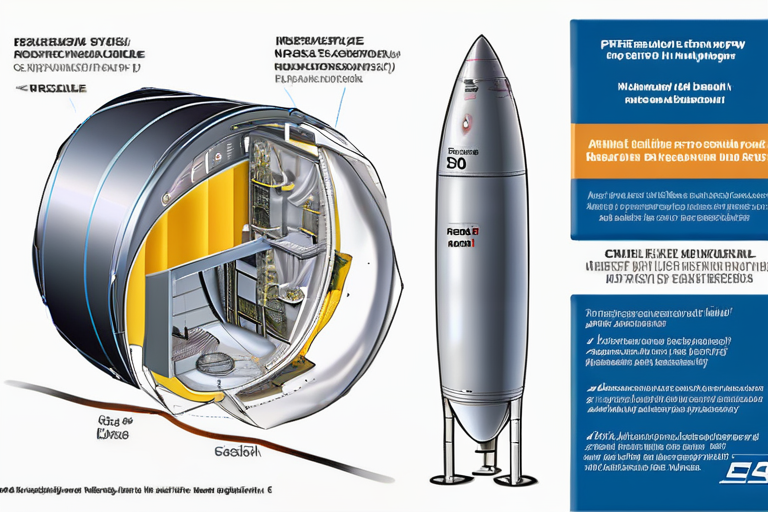
 Hoppi
Hoppi
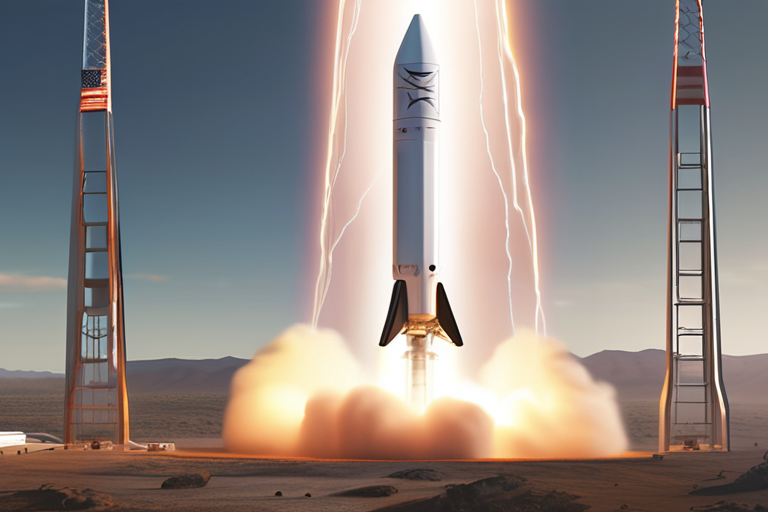
 Hoppi
Hoppi
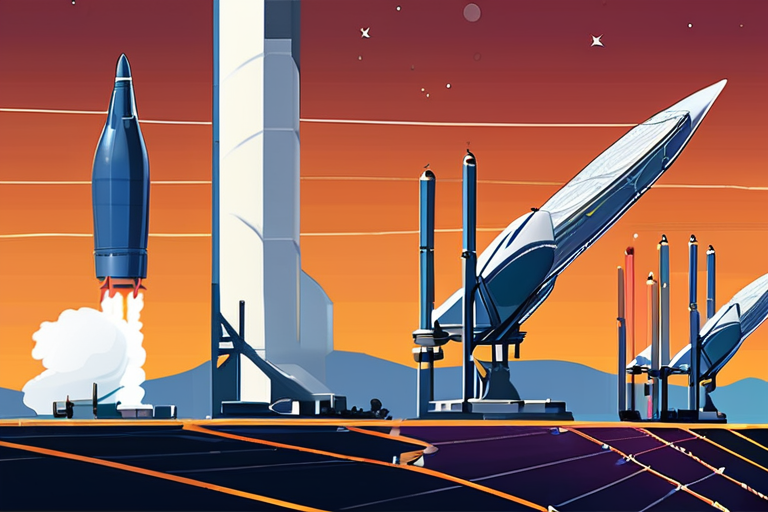
 Hoppi
Hoppi
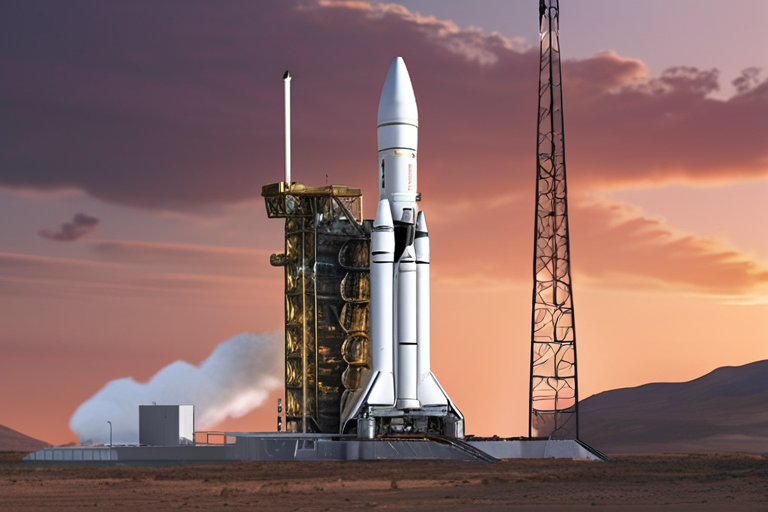
 Hoppi
Hoppi

Sierra Space's Dream Chaser Faces Reinvention After NASA Contract Change A significant modification to the contract between Sierra Space and …

Hoppi

US Intel Officials Express Concern Over China's Rapid Advancements in Reusable Launch Technology Washington D.C. - US intelligence officials have …

Hoppi

European Space Agency Awards Contract to Avio for Reusable Upper Stage Design The European Space Agency (ESA) has signed a …

Hoppi

Pentagon Contract Figures Show ULA's Vulcan Rocket Getting More Expensive The US Space Force announced this year's launch orders Friday, …

Hoppi

ULA Launches Third Batch of Amazon's Project Kuiper Satellites In a major milestone for the burgeoning satellite constellation, United Launch …

Hoppi

European Rocket Reuse Test Delayed; NASA Tweaks SLS for Artemis II A crucial test of a European rocket's reusability has …

Hoppi